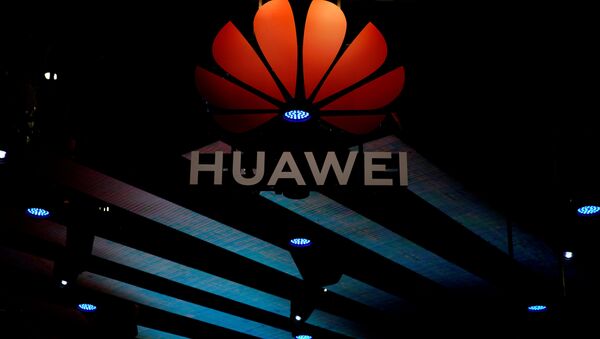UK Prime Minister Theresa May has reportedly given the go-ahead to Huawei’s partial participation in the build-out of Britain’s future 5G mobile phone network.
The Telegraph reported that the UK National Security Council, which is chaired by May, agreed to allow the Chinese tech giant limited access “to help build parts of the network such as antennas and other ‘noncore’ infrastructure”.
READ MORE: US Threatens to Scrap Ties With Allies Over Use of China’s Huawei Technologies
Tom Tugendhat, the chairman of Britain’s Foreign Affairs Committee, for his part, underscored that blocking Huawei from all core parts of the UK’s 5G network does not alleviate security fears.
“It still raises concerns. The definition of core and non-core is a very difficult one with 5G” he told the BBC, adding that 5G “does change from a faster internet system into an internet system that can genuinely connect everything, and therefore the distinction between non-core and core is much harder to make”.
This comes amid the leakage of last-ditch CIA warnings which were addressed to the British government and which claimed that Huawei had been funded by branches of China's military and intelligence.
READ MORE: China's Huawei Slams US' 'Loser's Attitude', Inability to Compete Amid Row
Earlier, the Times quoted senior American cybersecurity official Robert Strayer as saying that the UK using Huawei for its next-generation 5G mobile network will ride roughshod over US-British military and technical cooperation.
“The US believes that applying these standards rigorously [will] lead inevitably to the banning of Huawei,” he warned.
Washington has repeatedly claimed that Huawei has been stealing commercial information and spying on behalf of the Chinese government, allegations which the company has consistently denied.
The US, New Zealand, and Australia have already banned Huawei from developing their 5G networks, citing security threats. The US has also been lobbying its European allies, including Germany, to follow suit and impose formal bans on Huawei products when it comes to building the next generation of wireless mobile networks.
READ MORE: US Crusade to Ban Huawei Faltering as Overseas Allies Show Resistance — Reports
In early December, top Huawei executive Meng Wanzhou was detained in Vancouver, Canada at the request of the US, reportedly on suspicions that she had conspired to violate Washington’s sanctions against Iran.
Her arrest was denounced by both Huawei and Beijing, with Chinese authorities demanding that Canada immediately release the Chinese national.



